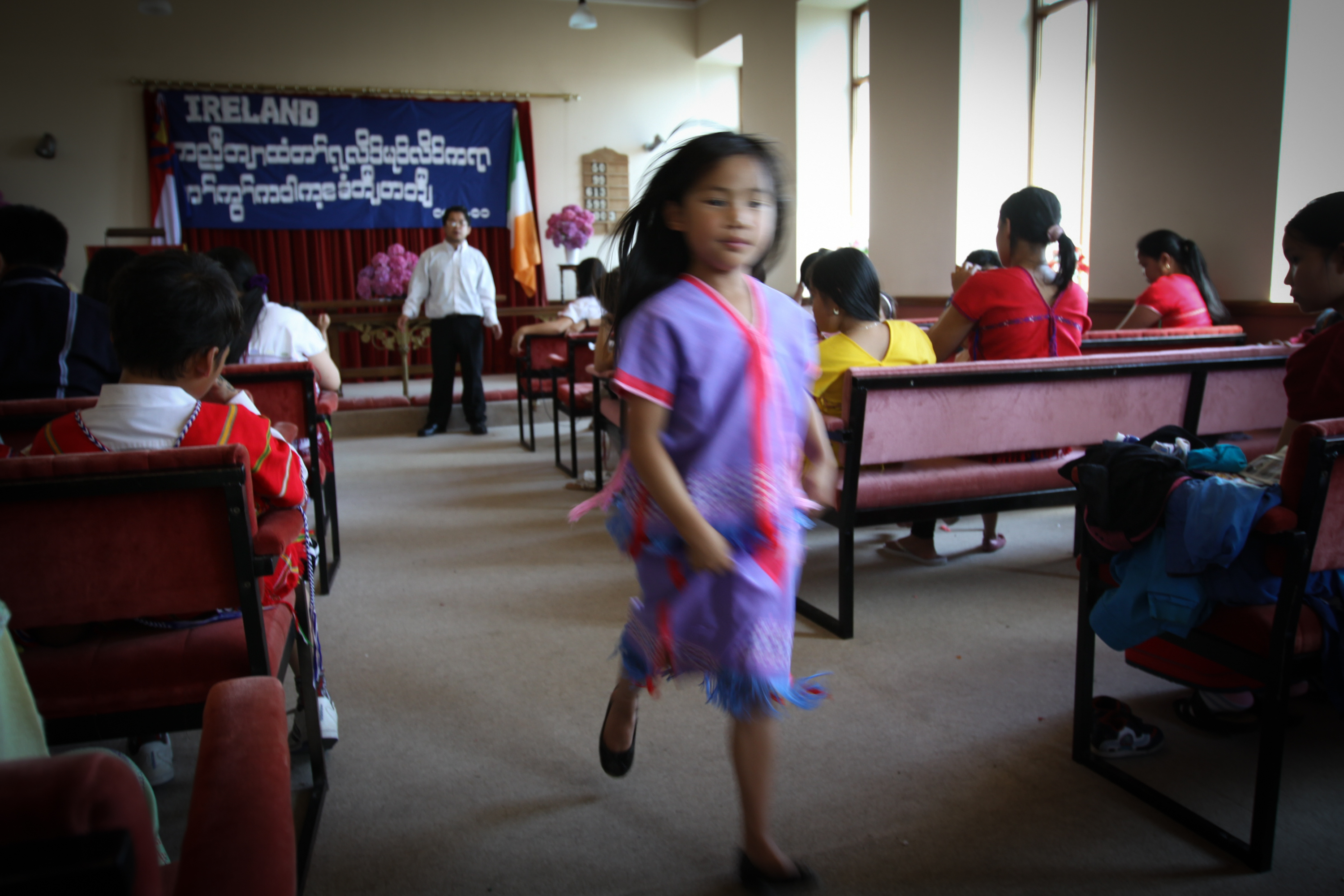Finding Resettlement Places for Refugees in Europe
06 January 2014
Resettlement, as one of UNHCR’s three durable solutions, is vitally important for protecting the rights and dignity of the globally displaced. For many refugees, returning to their Country of Origin is the ultimate aspiration. However, due to protracted conflict and unrest, this is frequently not an option. In such circumstances UNHCR seeks to foster ‘Local Integration’ in the Country of Asylum. If this proves problematic ‘Resettlement’ of refugees to a third country is considered. Ireland is one of a small number of states who take part in UNHCR’s resettlement programme, and in 2013, 72 refugees of Afghan, Somali, Congolese and Iraqi-Palestinian origin were offered protection in the republic. Peter O’Sullivan, an Irish native, currently working as Resettlement Project Coordinator in UNHCR’s Bureau for Europe, spoke to UNHCR Ireland about the necessity of emergency resettlement places in Europe and the demands of his current role.
1. What attracted you to working with UNHCR? Do you consider it rewarding work?
With UNHCR being at the forefront in the response to protecting the most vulnerable people fleeing conflict and emergencies around the world, I have always considered it to be a unique agency within the UN family. My background in human rights, development, conflict resolution and humanitarian law, ensures that I take a particular interest in those emergencies to which UNHCR is typically responding. I therefore considered it to be a very exciting opportunity, and have since found it extremely rewarding, to work with UNHCR and to engage in many of those issues that the Agency seeks to address in protecting refugees around the world.
2. How long have you been based in Brussels, and did you have any previous posting with UNHCR? If so, how do they compare?
I moved to Brussels in May of this year, so I have not been here for very long. Although I can’t compare it to any previous UNHCR posting as this is my first experience of working with the Agency, what I can say is that I have been incredibly impressed with the level of professionalism, knowledge and commitment of every colleague I work with in the office.
3. Could you give me a brief description of your day-to-day work?

Image: A member of the Karen community who was resettled in Ireland © UNHCR/P.Behan 2011
4. Why, in your view, is Ireland's financial support to UNHCR so important?
Any support, financial or otherwise, is extremely important to UNHCR so that it can continue to respond and protect the most vulnerable people who are forced to flee their homes.
5. What do you miss most about Ireland?
Where to begin! I haven’t lived in Ireland for a number of years now, so there are lots of things that I do miss. Aside from family and friends, I miss the Irish sense of humour, which ties into our generally more relaxed demeanour and sense of community. I’m always glad to meet Irish people wherever I am, and to avail of the closest thing we can find to an authentically Irish pub. There is no shortage of ‘Irish’ public houses in Brussels (authentic or otherwise), so it’s never too difficult to run into some familiar accents, which I enjoy very much.
By Alana Ryan







